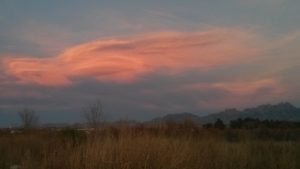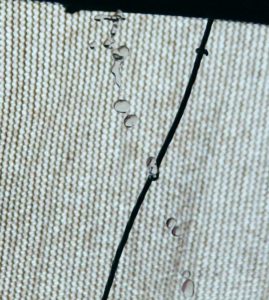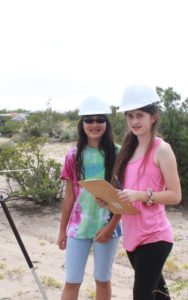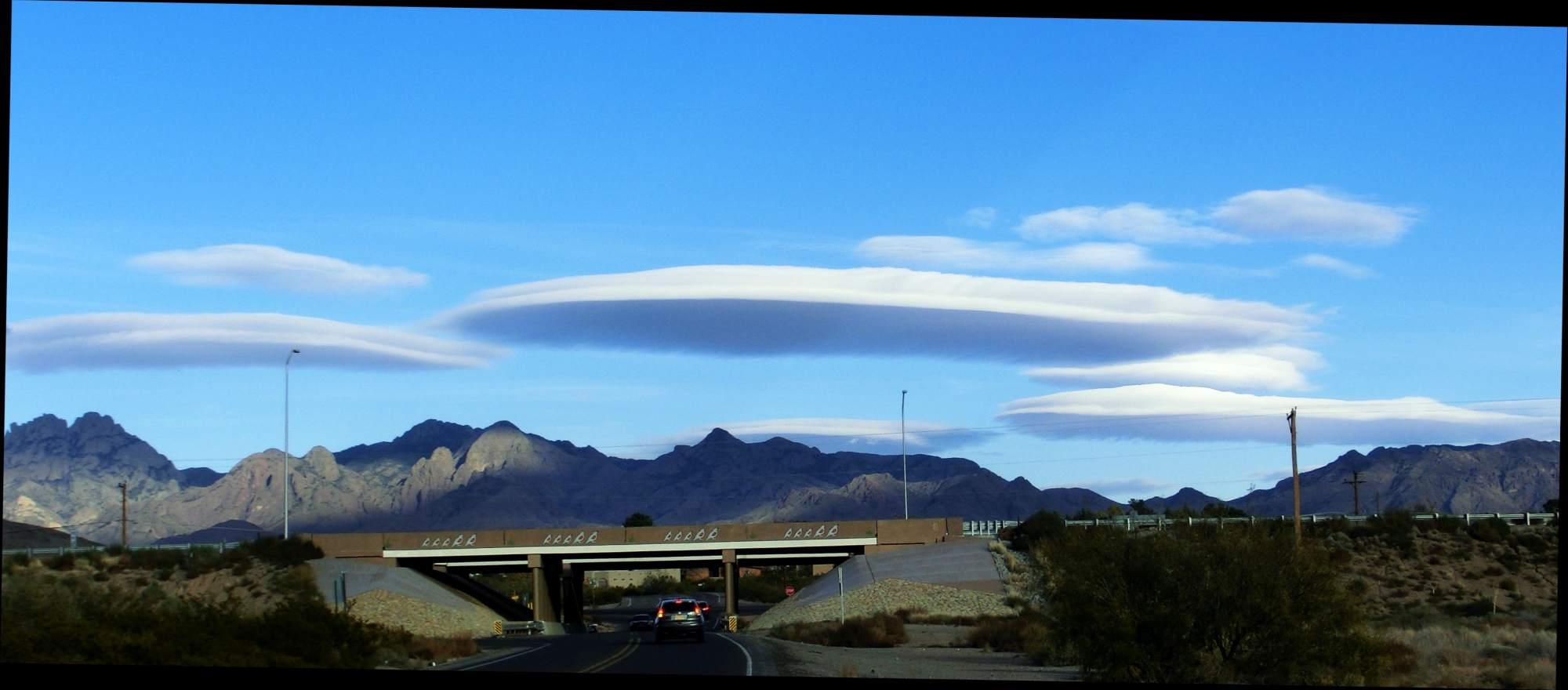For students and learners and the generally curious, willing to do math and to follow chains of concepts at some length. Over the years, particularly the last several, I have presented and written up excursions into math, science, and technology, with more-or-less intensive calculations to bring out ideas that are useful or at least amusing and mind-exercising. These include:
Math and science forays already created – they’ll pop up as PDFs; if you’re on a limited-resolution mobile device, you may want to download them for viewing later:
- How, and why, can one calculate the pressure at the center of the Earth, by regarding rock as fluid in hydrostatic equilibrium? The equations look straightforward, while estimating the density of the Earth at various depths is ingenious.
- Drag forces on a bike in a crosswind – is it really harder than in still air, with no obvious force in the direction of movement?
 A` Toulouse! In the mountains of France
A` Toulouse! In the mountains of France- How does the virtual force called centrifugal force distort the shape of the Earth and change our weight? Rock acts like a fluid in the long term!
- To cool a home, evaporative cooling is cheaper than refrigerated air, monetarily, using less electricity plus some cheap water. Here we examine the environmental trade-off of much higher water use vs. less fossil-fuel use
- Turning down the thermostat at night in the winter saves fuel and money. How much? In one case study in Las Cruces, NM, the answer is surprisingly little. Alaska is another matter!
- How far can you see in a rainstorm? Drop size and density per volume of air enter the calculation, along with drag forces, random numbers, and more.
- Just algebra, mostly: how far is it worth traveling to a more distant gas station to get cheaper gas? Extra gas, extra time, extra wear and tear on your vehicle – try putting them all into one currency.
- How rapidly does air temperature decrease with altitude? Calculate the adiabatic lapse rate…if we overlook heat transfer with the ground and radiative cooling. Some interesting math comes in, even in the simple case.
 Lenticular clouds at sunset over the Organ Mountains, southern New Mexico – forming at the condensation height
Lenticular clouds at sunset over the Organ Mountains, southern New Mexico – forming at the condensation height
- The old sling psychrometer, with its wet bulb and dry bulb, does work. How?
- Riding a bike saves fossil-fuel energy, up to a point, when we consider fossil-fuel use in the extra food we eat to propel a bicycle and in the manufacture of a bicycle. Don’t worry – it’s good for the environment until you get a real peloton that could have fit into a van.
- Soda cans explode in the freezer. At what pressure, and is it all from the expansion of water when it freezes?
- ex and ln(x): getting a grasp on these mathematical functions for those who are new to the math, or just want a little depth. This is handwritten.
And scrolling posts (blog), showing latest 5 posts):

How cold is that rain?

Model rocketry – equations and tests
The archive of all posts from this page is available (useful when more than 5 posts have been made); the full content of each blog is present there.
Upcoming, with content developed, but not yet linked:
- Comparing the heat liberated in combustion with heat trapped by the liberated CO2.
- What determines the habitability of a planet? That is, what conditions, geological, radiative, chemical, kinematic, etc. We may well be alone, which isn’t bad. This section may include just pieces of a much longer write-up, the whole of which may go into a book.
